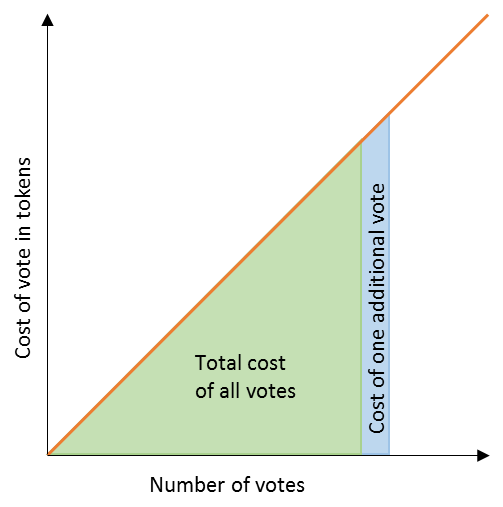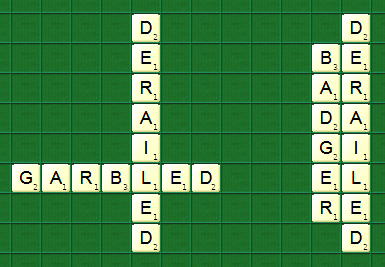
The Political Compass – More than Just a Meme
Despite its designers’ hopes that it might beckon in a new era of more nuanced political discourse, the political compass has largely been reduced to meme-fodder.
This popularised version of the political compass has now been around for over 20 years, and by that metric, this post is a bit late to the party, however the concept of expressing political alignment using 2 dimensions is far older than this.
The American libertarian David Nolan came up with his “Nolan Chart” way back in 1969. It is very US-centric, and was created specifically with the goal of converting people to libertarianism, however I can’t help but feel that despite this, it is just more elegant than the political compass.
The more popular incarnation, that is the subject of so many political memes, has plenty of its own limitations and biases, but it also completely fails to be memorable too (“Authoritarian-Left” doesn’t exactly roll off the tongue). Thankfully John Nerst at EverythingStudies wrote a pair of posts back in 2019 that reformulate the whole idea, addressing many of the limitations, and it is his “tilted political compass” that I want to build on…

